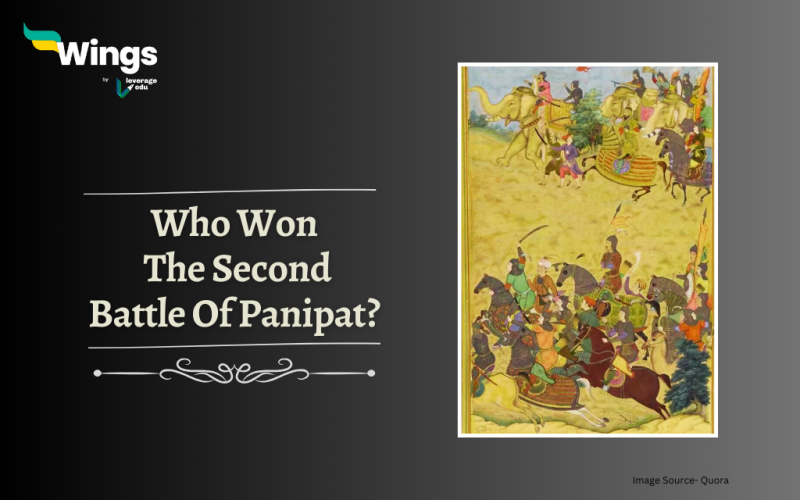The Second Battle of Panipat marked the resurgence of the Mughal Empire in the Indian political region. The battle was fought between the forces of the Mughal Emperor Akbar and the combined armies of Hemu, the Hindu ruler of North India. It took place on 5th November, 1556 near the town of Panipat now Haryana. In total, India’s history saw three Battles of Panipat. In this blog, let us together get to know who won the second battle of Panipat.
Historical Context
- Hemu’s Rise to Power: Hemu is also known as Hem Chandra Vikramaditya. He was a Hindu ruler who had established himself as the de facto ruler of North India after defeating the Mughal forces in the Battle of Delhi in October 1556.
- Akbar’s Ascendancy: Akbar, the young Mughal emperor was just 13 years old when the battle took place. He was determined to assert his authority over the fractious territories of his empire and quell any potential rebellions. The war was fought under Akbar’s Bairam Khan and General Khan Zaman I.
Also Read – Complete Mughal Empire List: An Overview
The Battle Of Second Battle of Panipat
- Hemu’s army was estimated to have around 30,000 cavalry and 1,500 war elephants, while, Akbar’s forces numbered around 10,000 cavalrymen and 5000 warriors, including a contingent of Rajput warriors.
- Hemu’s use of war elephants was a defining feature of the battle, as these massive animals struck fear into the hearts of the Mughal soldiers. However, Akbar’s strategic positioning of his artillery and cavalry proved to be decisive in turning the tide of the battle.
Also Read – How Akbar Died?
Despite the initial setback, Akbar’s forces managed to outmanoeuvre Hemu’s army and secure victory. Hemu was himself captured and executed, as he was struck with an arrow in his eyes. After this, Akbar’s authority as the undisputed ruler of the Mughal Empire with the consolidation of his power over the vast and diverse territories of India.
Related Blogs
That’s all about who won the second battle of Panipat. If you want to read more articles like this, you can get Study notes on the Modern History of India here. Also, you can visit our general knowledge page on Indian History!
 One app for all your study abroad needs
One app for all your study abroad needs













